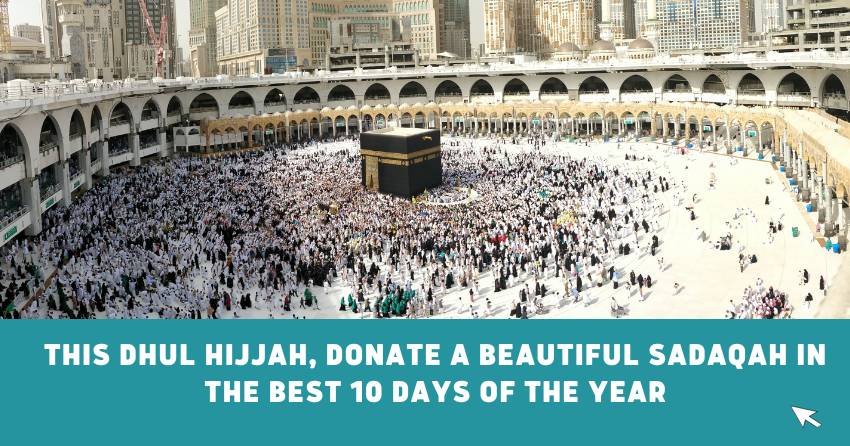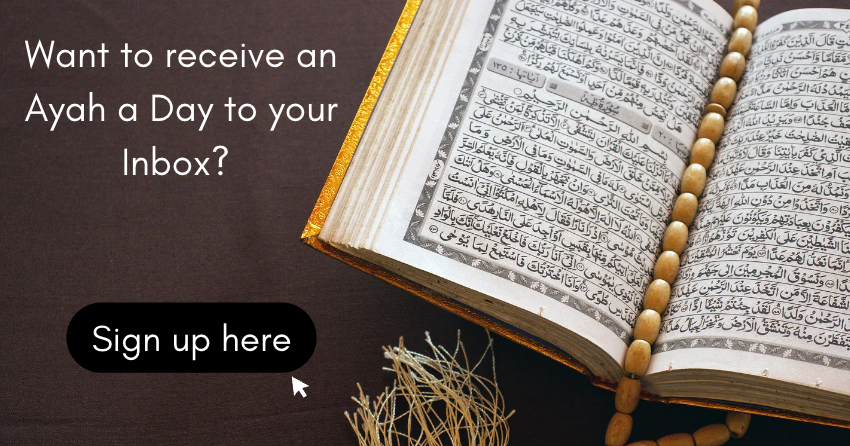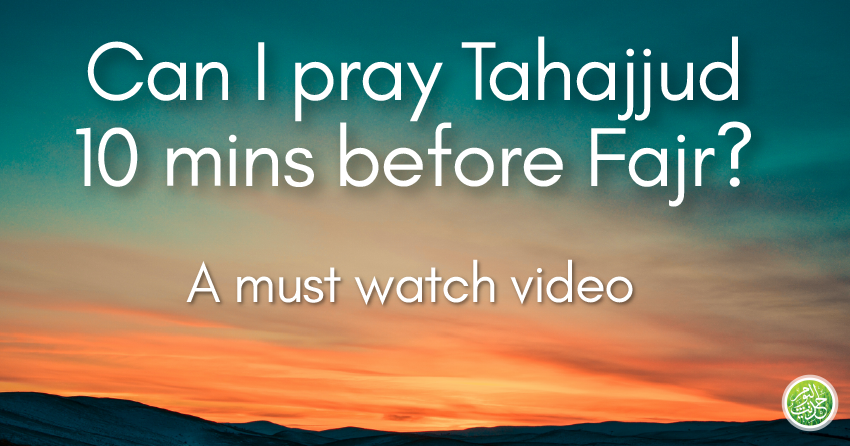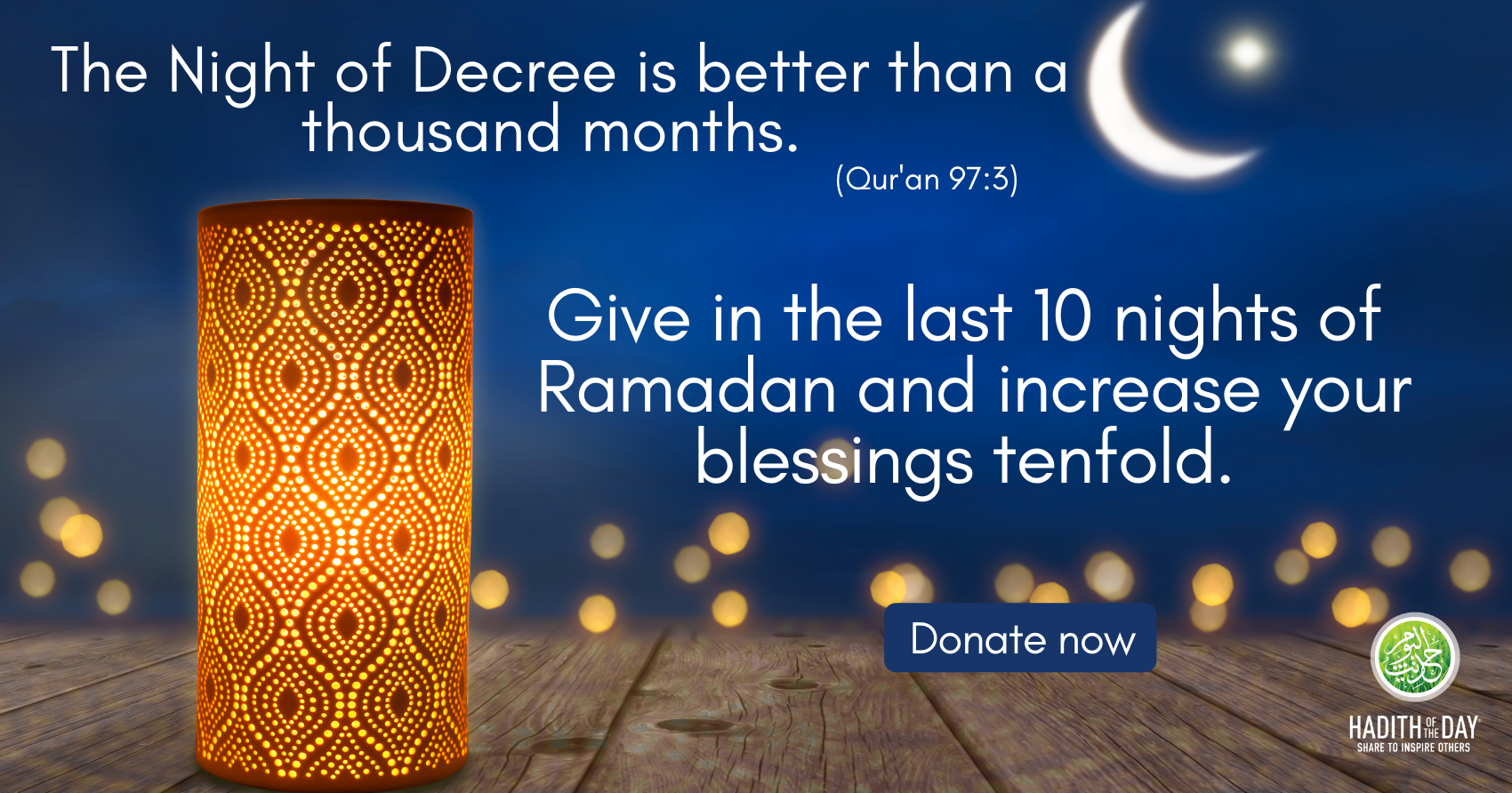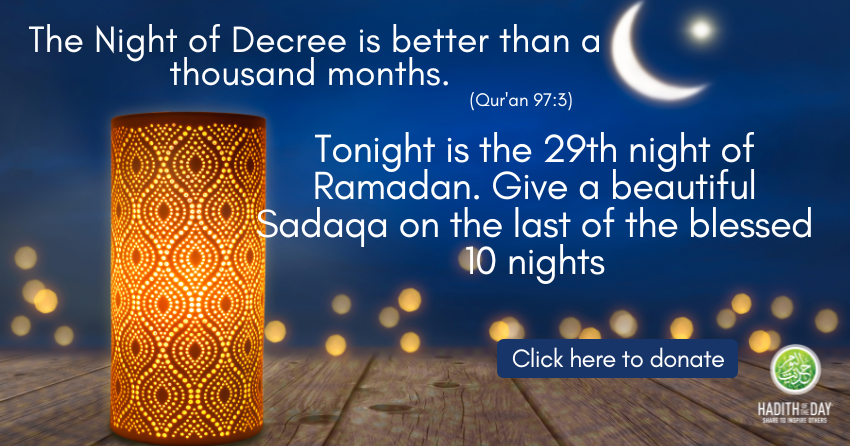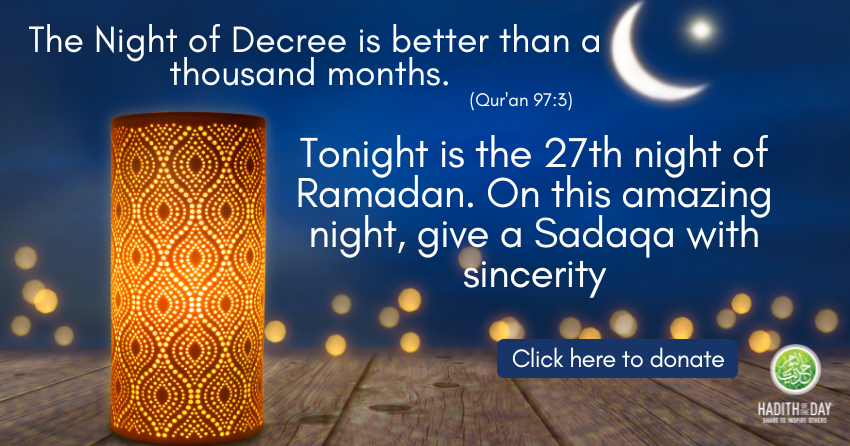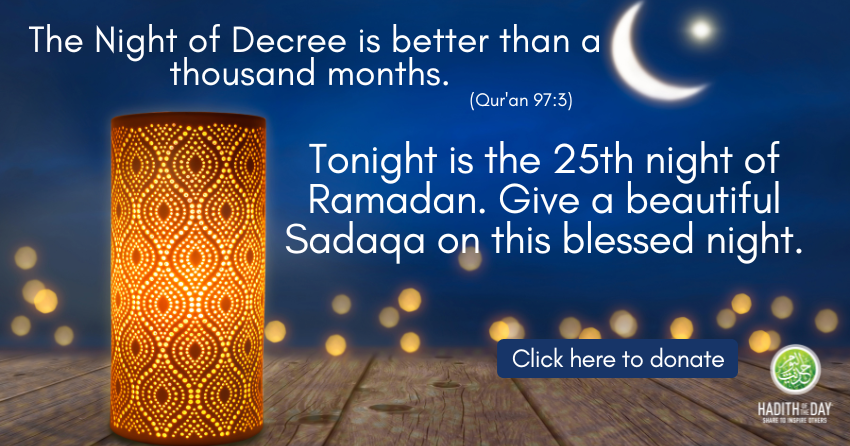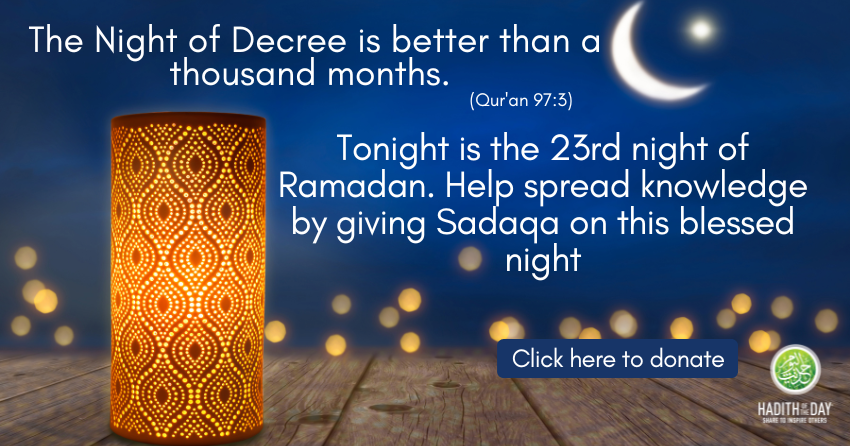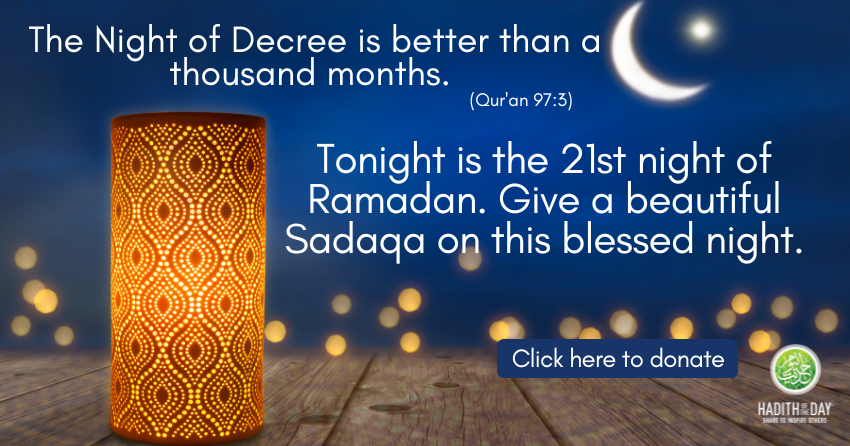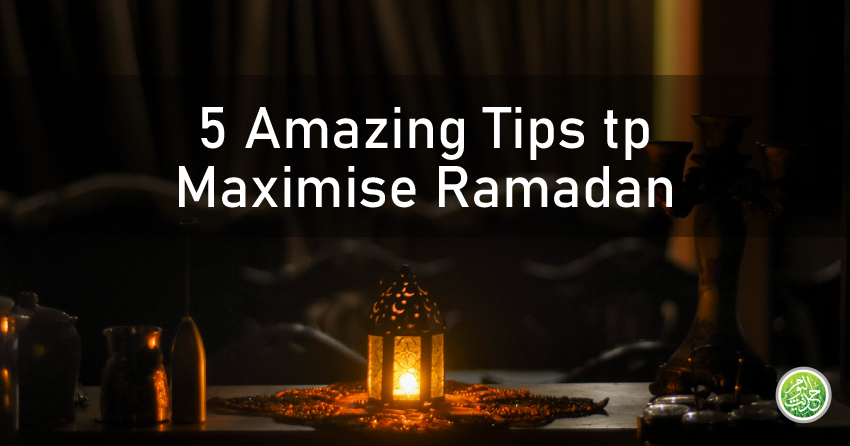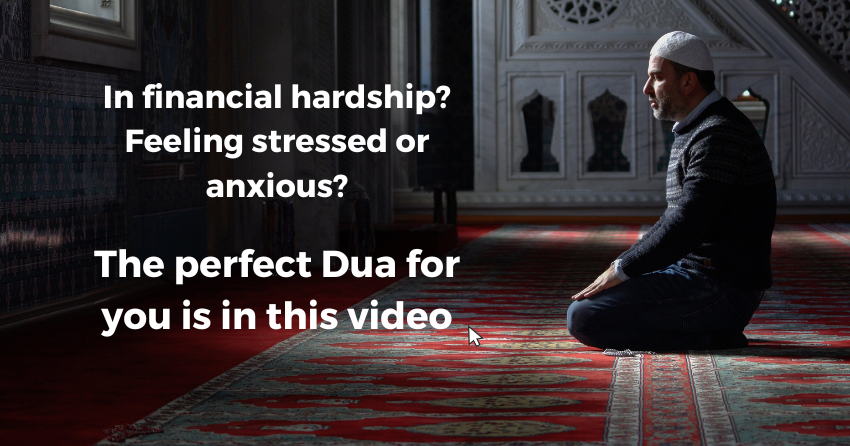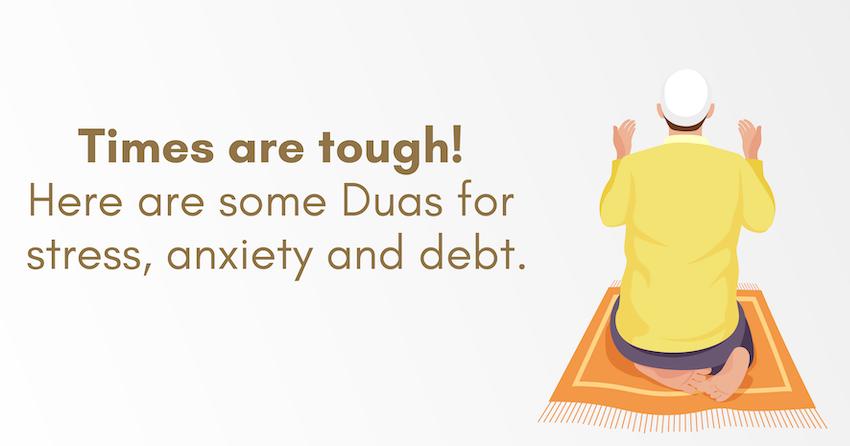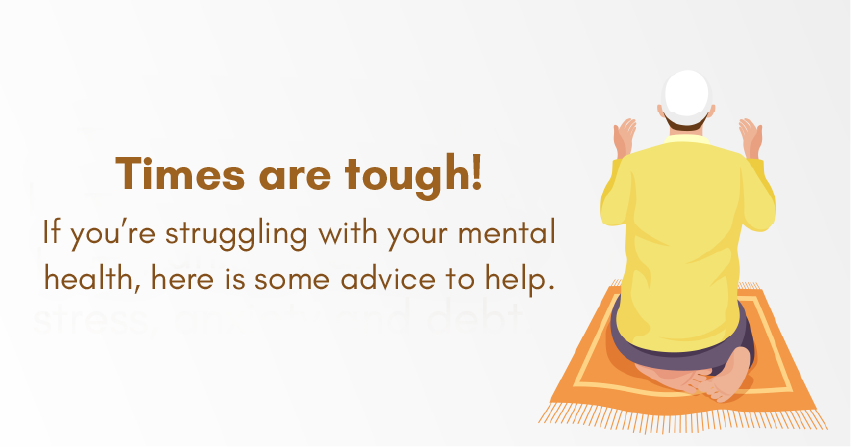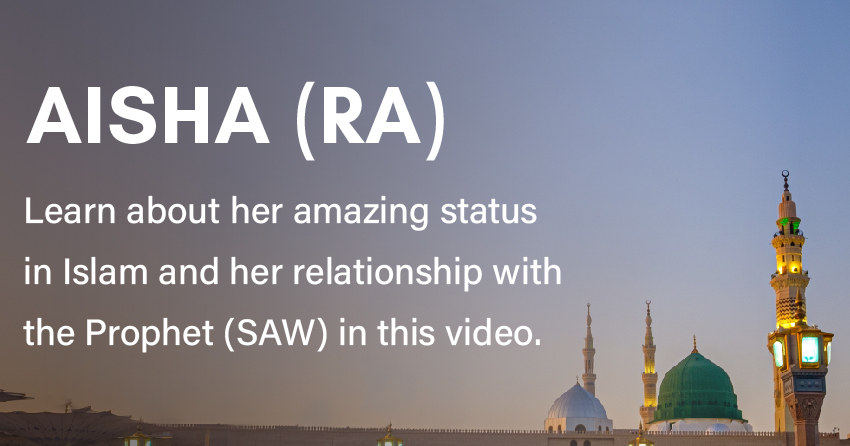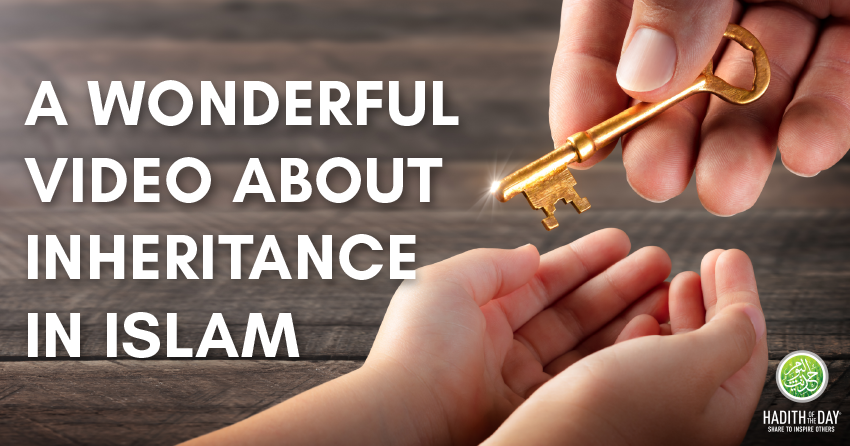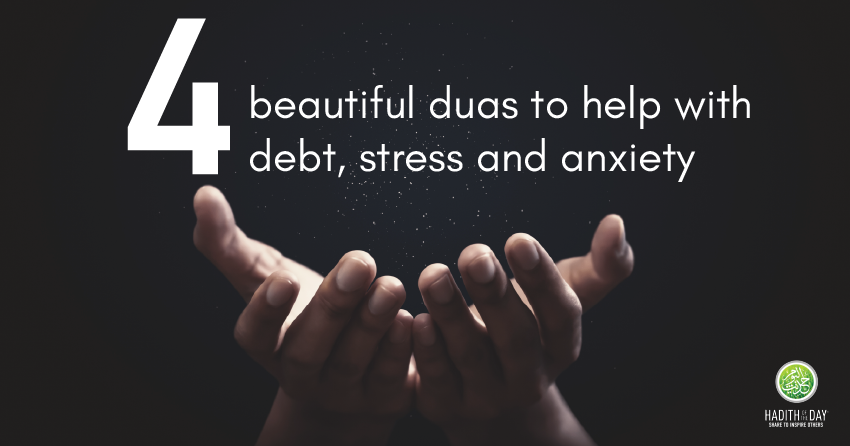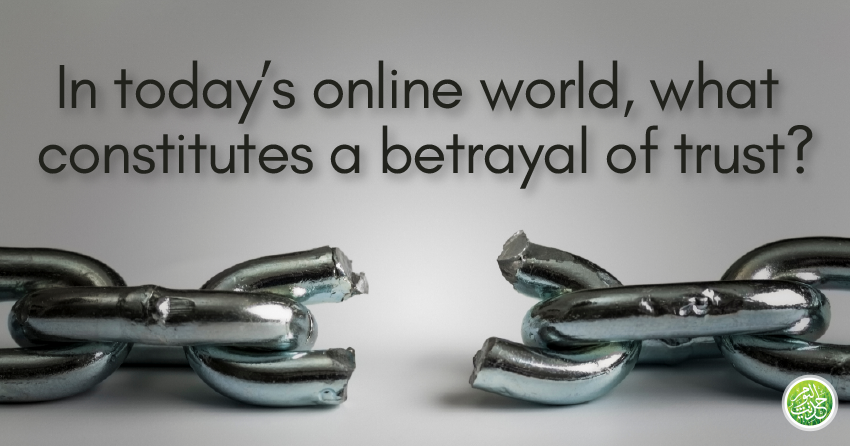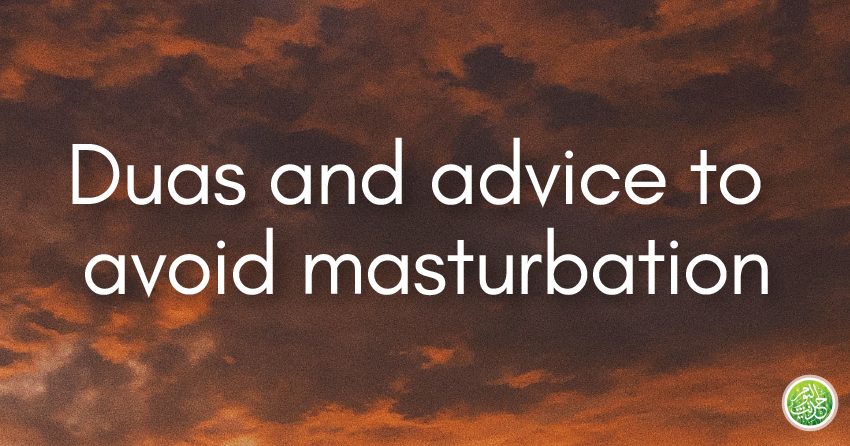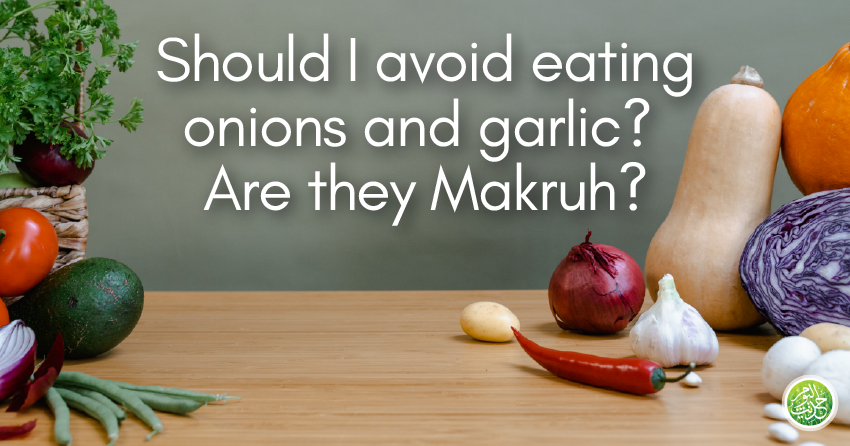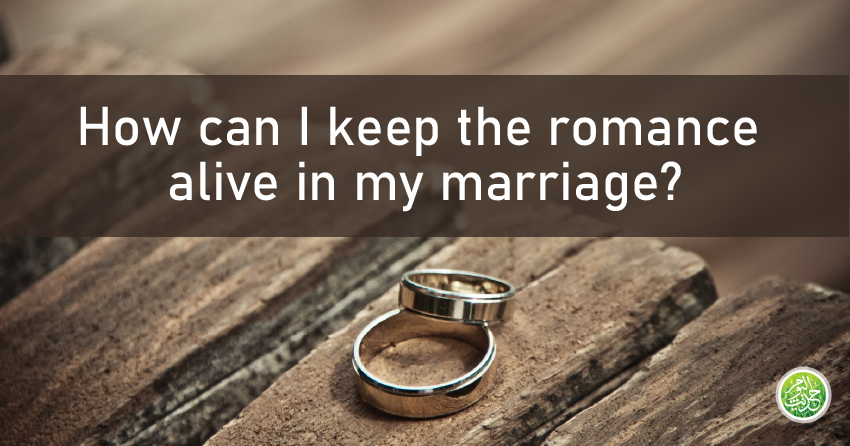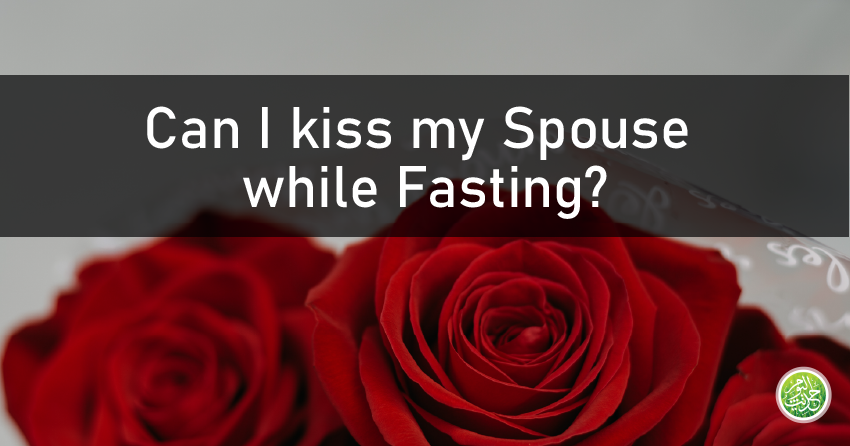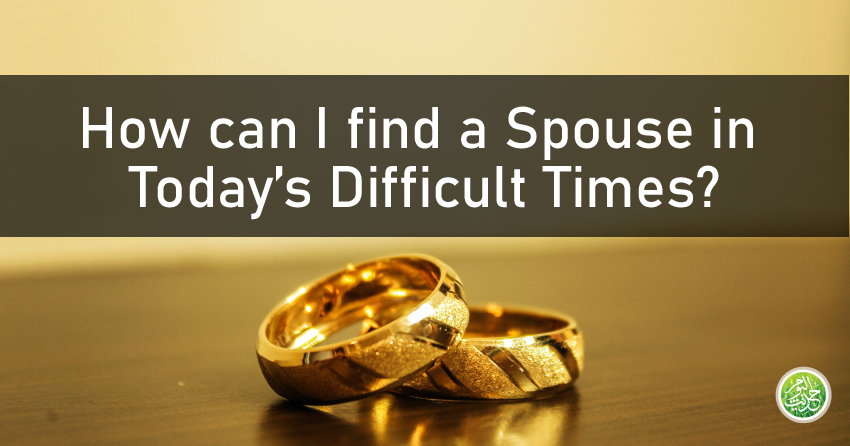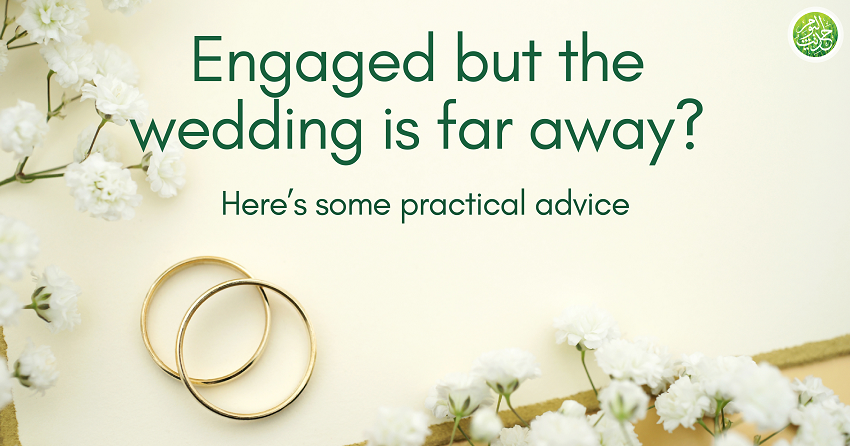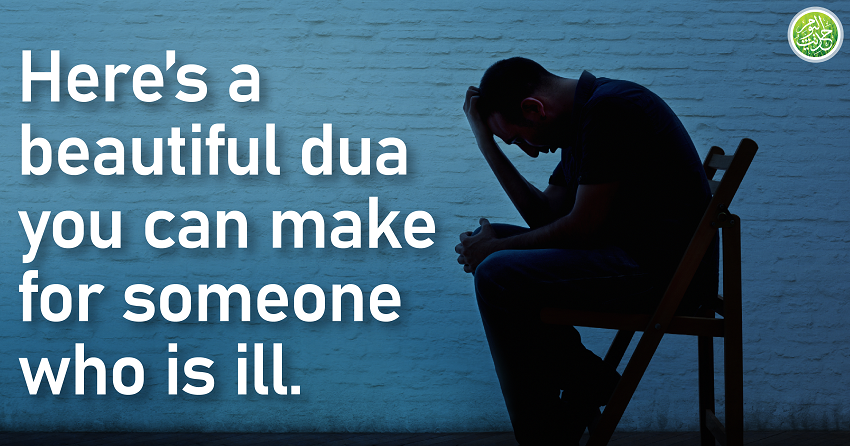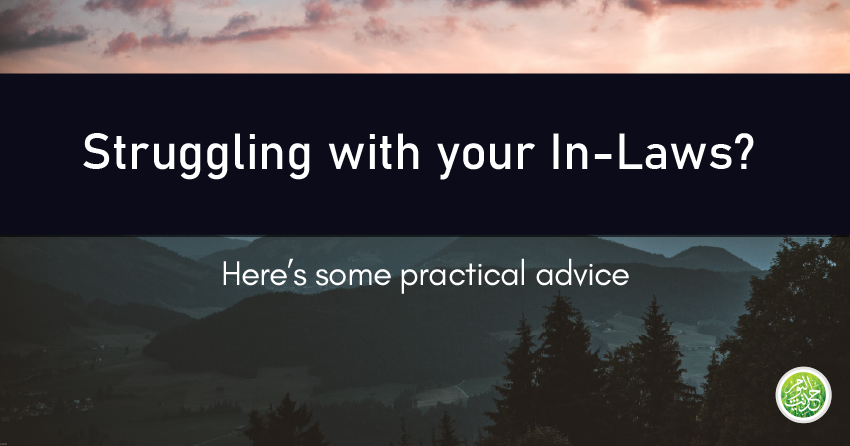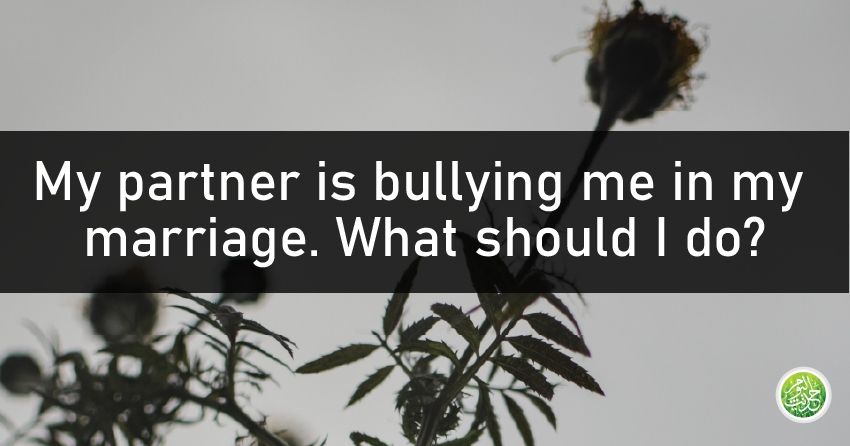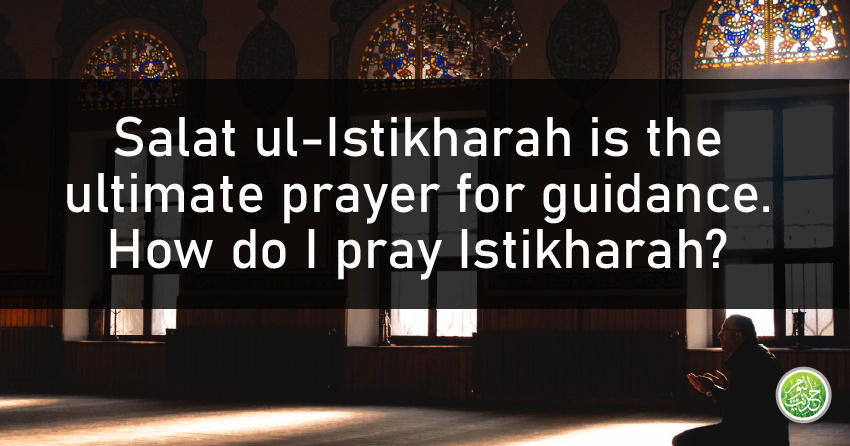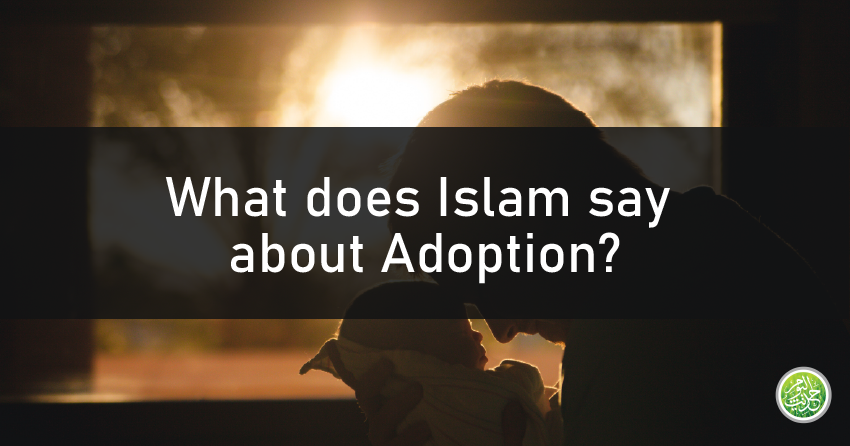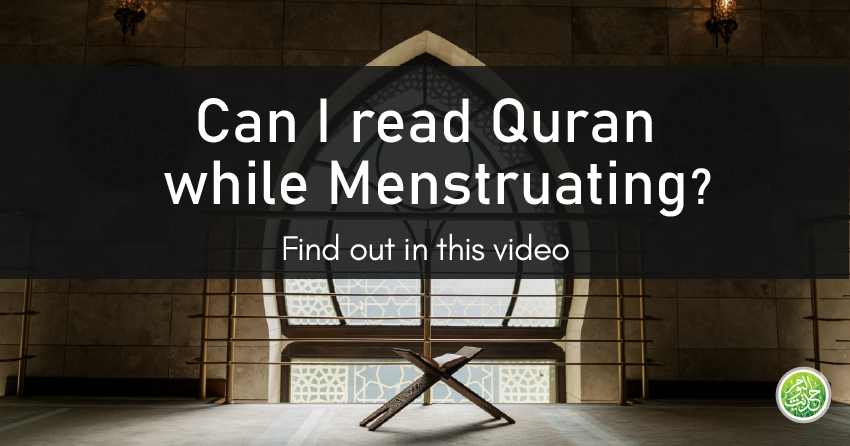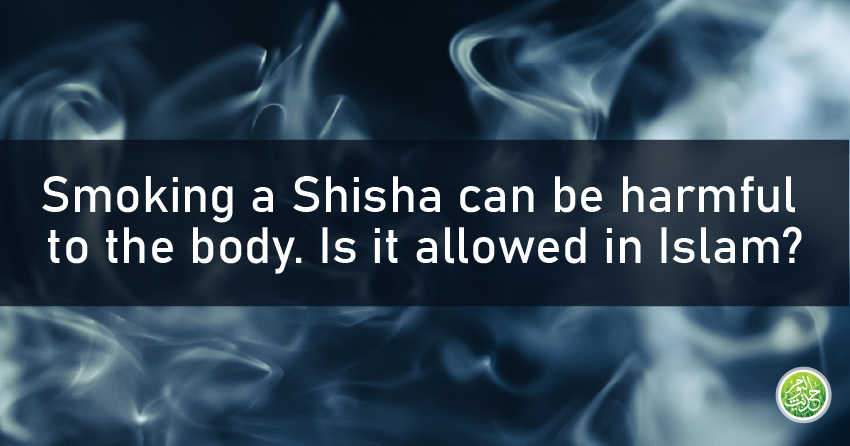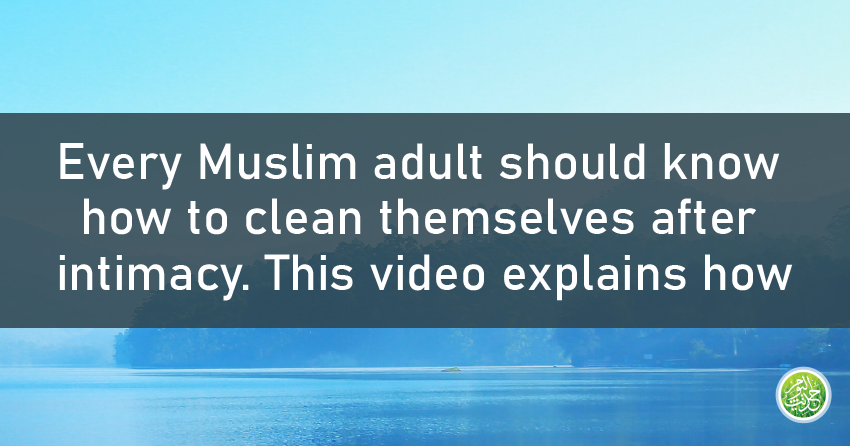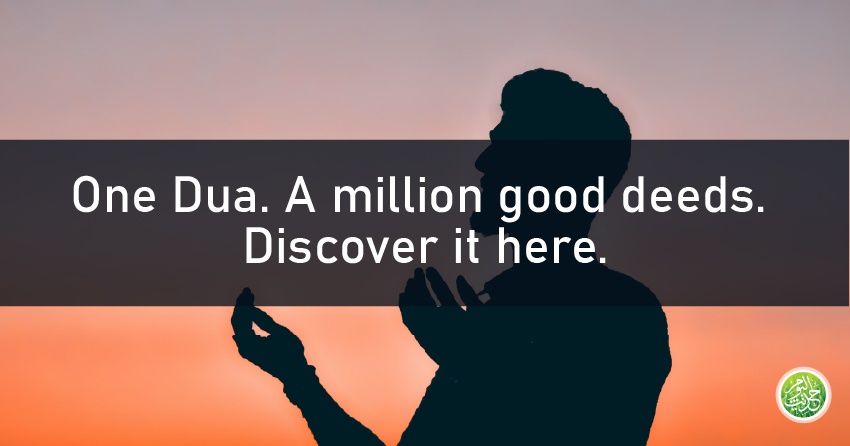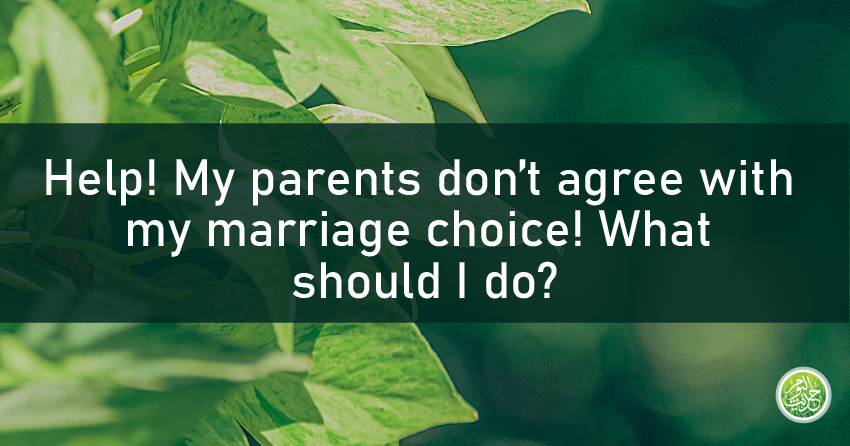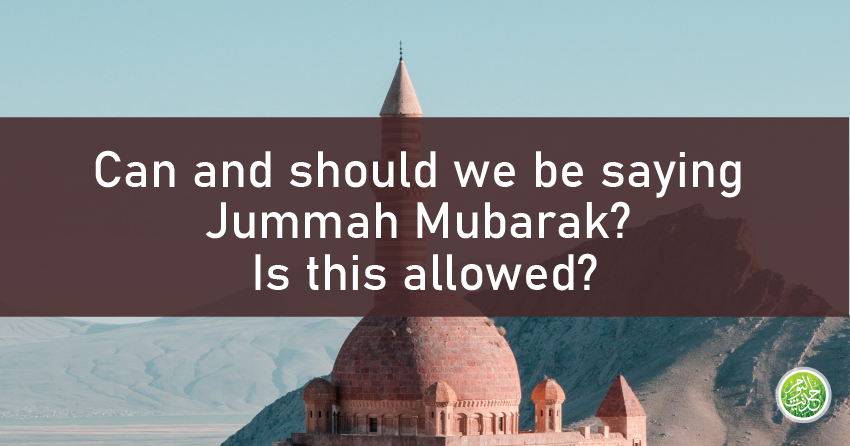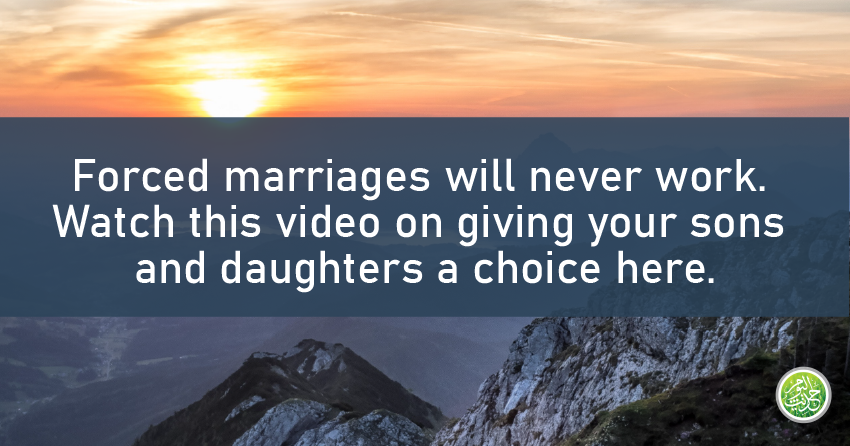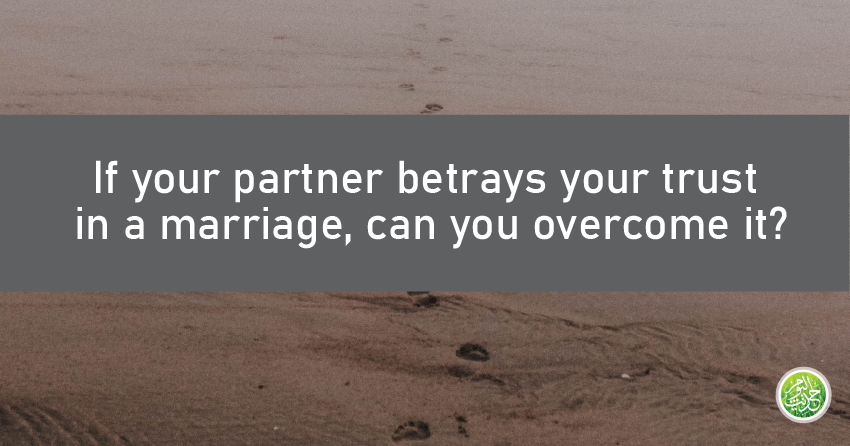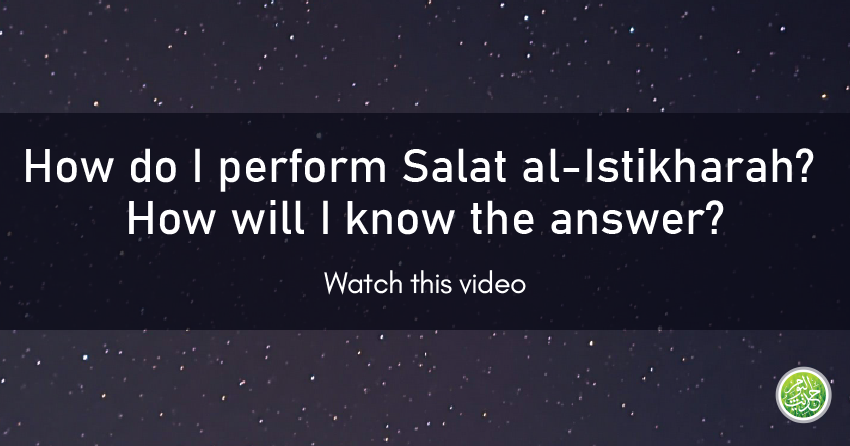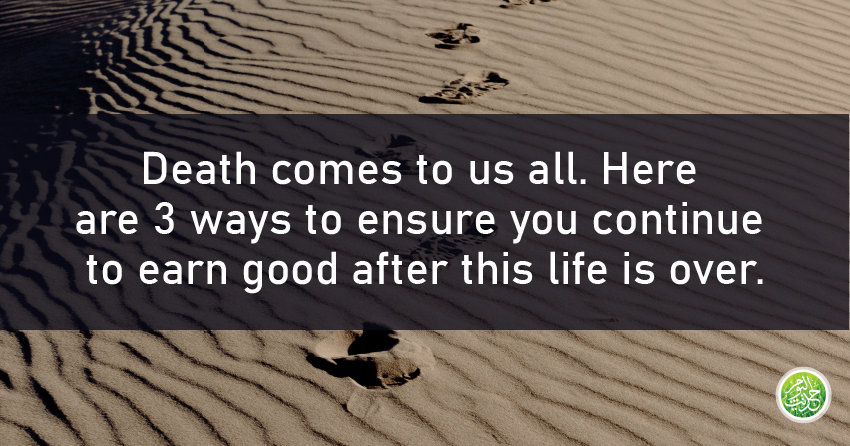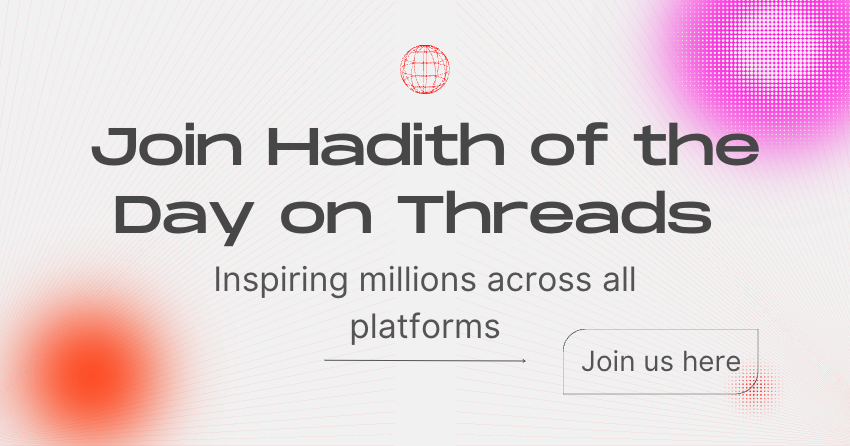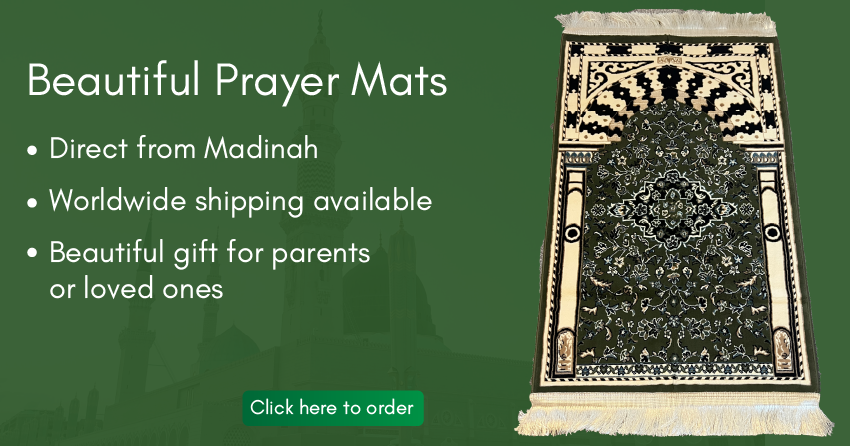There can only be one truth, right?

There can only be one truth, right? So when it comes to Islamic law this must also be the case. There may be different opinions but only one of them is correct and therefore my ‘shaykh’, ‘madhab’, ‘tariqa’, ‘group’ is usually right to the exclusion of others. This may be the type of logic that leads to much of the intolerance amongst Muslims today, particularly in the West. You only have to momentarily interact on social media or talk to people, usually around the masjids, to experience this.
The more troubling thing is that this type of attitude often comes from people who appear to have little or no religious training apart from being an activist belonging to this or that group or being a follower of Shaykh X. What has led us to this dire situation?
Due to the fact that a Muslim is defined as one who surrenders to Allah and then acts in accordance to Islamic law, issues of fiqh (Islamic jurisprudence) and its associated debates and differences have invariably become an essential part of an ‘active’ Muslim’s life. The shari`ah (Islamic faith, law and ethics) is central to a Muslim’s identity as it informs his or her values and actions.
However, our tradition in general—and our legal tradition in particular—has always been one that accommodated diverse opinions within an agreed framework. Take the Qur’an itself; there are at least seven different but equally valid ways of reciting the Qur’an. These have been narrated widely on the authority of our Imams (leading experts) of recitation all the way from the Sahaba (companions of the Prophet ﷺ) who all learnt the Qur’an directly from the Prophet Muhammad ﷺ (peace be upon him).
Take a look at our legal system. We have four surviving legal schools (madhahib), but there were many more. Muslims throughout history have generally recognised them as equally valid schools. Then within the schools you have a whole range of diverse opinions between the founder of the schools and their students or later scholars of the madhab. However, often the followers or supporters of the very same madhabs or their shaykhs (scholars) become fanatical or go to extremes due to various factors, one of them being their lack of understanding of what a madhab actually is. This misunderstanding is not restricted to a madhab alone; it can be applied to an opinion or a particular scholar.
Shaykh al-Hasan al-Dedew describes the madhab in this respect: ‘The madhab is a way of dealing with the text (Qur’an and Hadith). Therefore everything that Jibril `alayhi alsalam (Angel Gabriel, peace be upon him) related from Allah subhanahu wa ta`ala (exalted is He) is not the exclusive property of anyone’s madhab. Everything which is considered qat’i (‘definitive’, clear cut) from the texts is not the exclusive property of anyone’s madhab. Therefore the madhab (exists) only in those issues that require ijtihad (reasoning, in order to arrive at the meaning or legal implication.)’
In other words those texts from the Qur’an or hadith (narrations of the Prophet ﷺ) that are agreed upon, in terms of their meanings and legal implications, are not the exclusive property of anyone’s madhab or shaykh but rather it is obligatory upon all to accept and follow them without any difference. The differences and therefore the existence of madhabs occur in those texts that are ‘speculative’ (dhanni) in terms of meaning, and carry more than one interpretation due to a number of factors, which are outlined in the books of Usul al-Fiqh (legal jurisprudence). The question here is in this regards, where legitimate differences of conclusions occurs, is there only one actual truth in the matter?
Before we proceed to answer this question it is worth clarifying another common confusion. There is a difference between something being legally valid and something being correct or the only truth. There may be several opinions on one issue and if they are issued from qualified scholars who have followed sincerely the procedures of ijtihad and have exerted their utmost efforts to arrive at the truth, then all of the opinions may be legally valid and acceptable. Even though only one of them may have arrived at the actual truth of the matter or the correct answer.
To give an example the Hanafis consider bleeding to invalidate wudu (ablution) whilst other schools like the Shafi’e madhab are of the opinion that it does not. Both opinions are considered by all sides to be legally valid for the layman in that for someone who follows either opinion, his wudu is valid.
So we return to the question as to whether or not there is in actual fact only one correct ruling on the issue, even if others are incorrect but valid. Al-Shawkani says that Imam Abu Hanifah, Imam Malik, Imam Shafi’e and the majority of the jurists (may Allah’s mercy be upon them) are of the opinion that in such matters the truth (haq) is one, but it is not defined or known to us, though it is known to Allah (swt). In other words there is only one correct opinion, which Allah (swt) knows and is not knowable by anyone else with 100% certainty. However, the other opinions, even if they are not the actual correct one, are still valid for the ordinary person to follow.
If we could all just accept a general rule that different madhabs and opinions of the jurists are all equally valid as long as they are as a result of valid ijtihad from qualified scholars and are not from the anomalous (shadh) opinions that have been rejected by the vast majority—we could then begin to understand the nature and dynamics of our shari`ah that would enhance unity amongst our communities particularly in the West where basic Islamic literacy levels are low and where diverse Muslim communities are often living together with access to a plethora of thoughts, madhabs and opinions.
We should ponder on the words of Imam al-Shafi’e who is reported to have said, ‘I believe my opinion is right with the possibility that it is wrong and I believe the opinion of those who disagree with me is wrong with the possibility of that being correct.’ This was the attitude of most of the Imams. The Sahabas who were trained by the Prophet ﷺ differed amongst themselves on legal matters but maintained brotherhood and respect.
Once this is clear, the other logical point to then move on to and accept is to avoid condemning other legally valid opinions as ‘batil (inferior),’ ‘haram (unlawful),’ misguided’ etc. In other words—don’t ‘enjoin the good and forbid the evil’ on issues of valid legal differences as one of the conditions to forbid an evil (munkar) is that it should be an agreed upon evil and not one in which valid differences of opinion exist.
As our communities here in the West grow and develop, our scholars will be called upon to deal with a whole range of difficult and often unprecedented issues. They won’t necessarily all agree but if we understand the above we will respect each other’s differences and remain united as communities in spite of our differences.
Proudly brought to you by Virtual Mosque, more Virtual Mosque can be found at https://www.virtualmosque.com/ummah/community/there-can-only-be-one-truth-right/
Since You’re Here… we have a small favour to ask.
In these extraordinary times, millions rely on HOTD for daily uplifting & inspiring content. Established since 2009 and with your kind support we’ve seen readers elevate their Imaan & strive for better on a daily basis. We’re committed to keeping our content freely available and open for all readers. Every contribution, however big or small, makes a difference and help us spread knowledge to millions daily
HOTD is something special, it’s a place where people can come to be inspired, to renew their faith, to learn and share knowledge, to fall in love with our faith and also our Prophet (peace and blessings be upon him and his family).
All content on HOTD is free. We believe what we do in this life builds for the next one and we work tirelessly with the aim to please Allah and inspire the global Muslim community as
well as providing information and inspiration for anyone interested in Islam. We simply cannot do this without your support and your support helps us continue our services.
If there were ever a time to join us, it is now. You can support HOTD and help sustain our future. Support Hadith of the Day and make a one-off donation or give regularly from as little as £10 a month Jazak’Allah Khayr – whatever you donate will come back to benefit you Insha’Allah as whatever is spent in the way of Allah is an investment in the future and the next life. Thank you.







